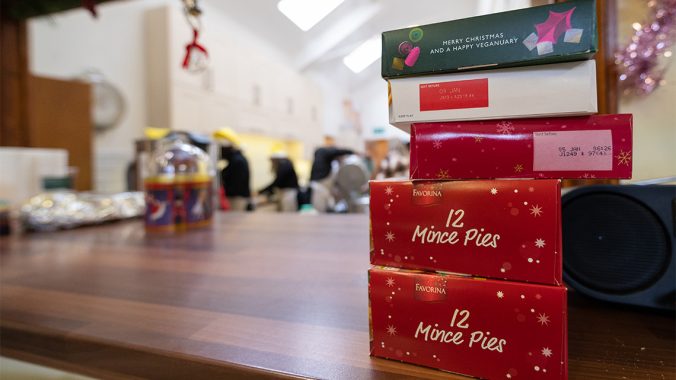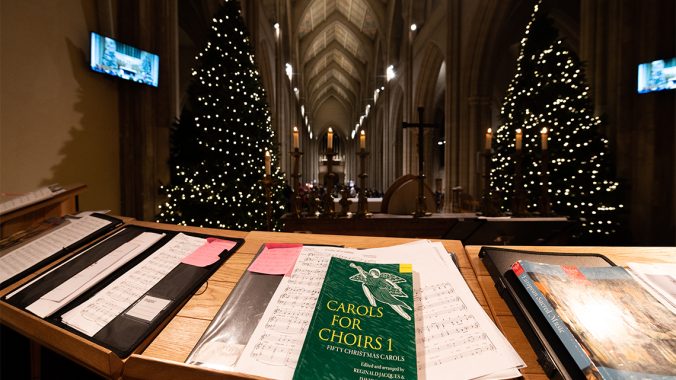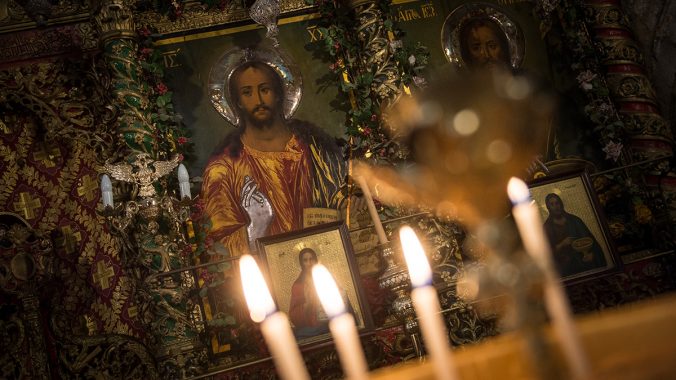Advent comes from the Latin adventus, meaning 'arrival' or 'coming'. It's the season before Christmas we use to prepare ourselves to celebrate the Lord's coming into the world as the incarnate God of love.
Advent starts on the fourth Sunday before Christmas Day. It marks the start of the Church’s liturgical year. In 2023, we enter Cycle B.
Advent comes from the Latin adventus, meaning ‘arrival’ or ‘coming’. It’s a key time in which we prepare ourselves to celebrate the Lord coming into the world as the incarnate God of love.
The liturgical vestments priests wear during the season are purple, matching the candles lit on each Sunday of Advent. Purple is a colour typically associated with penance. The exception is the third Sunday – Gaudete Sunday – when priests wear pink vestments – the colour of rejoicing.
Advent has a two-fold character: for it is a time of preparation for the Solemnities of Christmas, in which the First Coming of the Son of God to humanity is remembered; and likewise when, by remembrance of this, minds and hearts are led to look forward to Christ’s Second Coming at the end of time. For these two reasons, Advent is a period for devout and expectant delight.
Universal Norms on the Liturgical Year
The Liturgy Office for England and Wales has information, prayers and liturgical texts for the Season of Advent.
The Gospels of Matthew, Mark and Luke are referred to as the Synoptic Gospels as they include many of the same stories and similar wording.

The JRS UK social drop-in is a space where refugee friends can escape challenges, coming together for warmth, food, and friendship.

A series of advent resources from CAFOD including prayers, advent reflections and schools resources.

This Advent, hold a collection or fundraiser in your parish to get families in the Holy Land the help they urgently need.